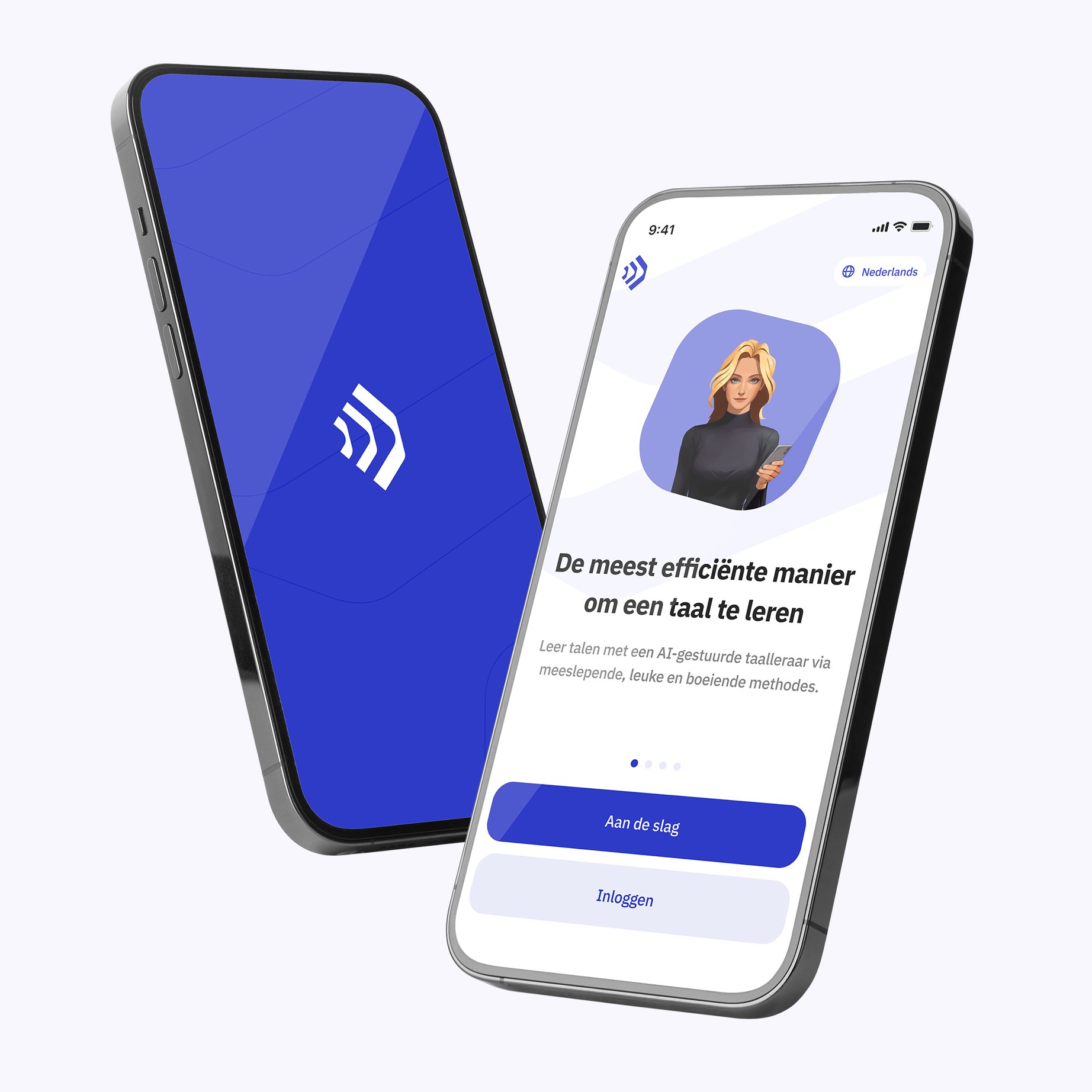Bijwoorden van tijd Oefening 1
2. She *i haere* ki te mākete *inanahi* (Gebruik het bijwoord voor ‘gisteren’).
3. They will come *apōpō* to the party (Gebruik het bijwoord voor ‘morgen’).
4. We always eat breakfast *āpōpō* (Gebruik het bijwoord voor ‘morgen’).
5. He finished his work *i te ata* (Gebruik het bijwoord voor ‘vanmorgen’).
6. The children played outside *ā te ahiahi* (Gebruik het bijwoord voor ‘vanmiddag’).
7. I will call you *a te pō* (Gebruik het bijwoord voor ‘vanavond’).
8. She visited her friend *i te ata nei* (Gebruik het bijwoord voor ‘vandaag ochtend’).
9. We arrived at the beach *i te ahiahi nei* (Gebruik het bijwoord voor ‘vandaag middag’).
10. He will leave *ā te ata* (Gebruik het bijwoord voor ‘morgen ochtend’).
Bijwoorden van tijd Oefening 2
2. They *ka haere* to school *āpōpō* (Gebruik het bijwoord voor ‘morgen’).
3. We met our friends *i te ata* (Gebruik het bijwoord voor ‘vanmorgen’).
4. The event will start *ā te ahiahi* (Gebruik het bijwoord voor ‘vanmiddag’).
5. She called me *i te rā nei* (Gebruik het bijwoord voor ‘vandaag’).
6. He completed the task *inanahi* (Gebruik het bijwoord voor ‘gisteren’).
7. I will visit the museum *ā te ahiahi* (Gebruik het bijwoord voor ‘morgen middag’).
8. They played music *i te pō* (Gebruik het bijwoord voor ‘gisteravond’).
9. We will travel *apōpō* (Gebruik het bijwoord voor ‘morgen’).
10. The children slept *i te pō nei* (Gebruik het bijwoord voor ‘gisteravond’).










